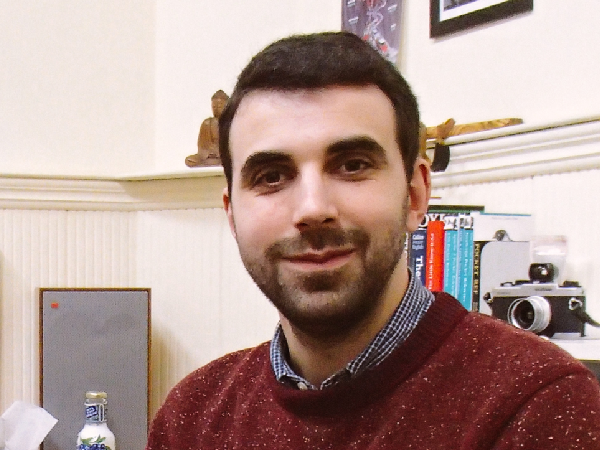Bio
Eduardo Morais (b. Porto, 1979). Completed the PhD in in Digital Media on 2021/07/13 from the University of Porto and the New University of Lisbon, Master's in Master's degree in Multimedia in 2010 from the University of Porto, Bachelor's degree in Cine-Video in 2005 from the Escola Superior Artística do Porto. He is a Guest Auxiliary Professor at the University of Porto and a Guest Adjunct Professor at the Instituto Politécnico da Maia. Since Published 3 articles in specialized journals, 9 articles presented at conferences and 1 book chapter. Organized 6 event(s). Supervised 5 master's thesis(s) and co-supervised 7. Received 1 award(s) and/or honors. Works in the area(s) of Social Sciences with an emphasis on Communication Sciences, Humanities with an emphasis on Arts, Engineering Sciences and Technologies with an emphasis on Computer Engineering, and Social Sciences with an emphasis on Education.
Projects
This CIQUP member does not yet have any projects linked with him.Publications
Showing 5 latest publications. Total publications: 6
Show all publicationsProceedings Paper, Indexed in: crossref DOI: 10.36315/2019v2end024
 P-00S-B3T
P-00S-B3T
Proceedings Paper, Indexed in: crossref, unpaywall DOI: 10.36315/2019v1end040
 P-00S-B3V
P-00S-B3V
Proceedings Paper, Indexed in: crossref, wos DOI: 10.21125/iceri.2018.1442
 P-00Q-584
P-00Q-584
Proceedings Paper, Indexed in: crossref, wos DOI: 10.21125/iceri.2018.1440
 P-00T-BRA
P-00T-BRA
Article, Indexed in: crossref, scopus DOI: 10.2304/elea.2014.11.3.300
 P-009-J8F
P-009-J8F

